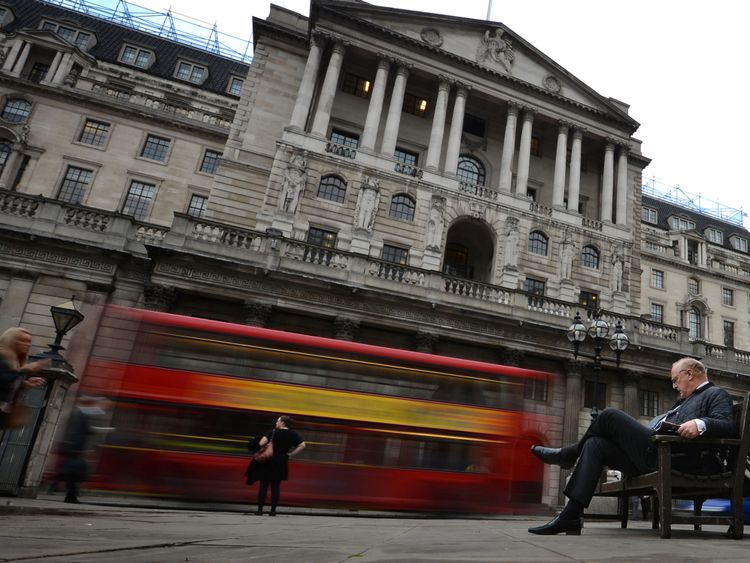Inflation fell to a seven-month low last month raising hopes there has been a “turning point” in Britain’s Brexit-linked cost-of-living squeeze.
The Consumer Price Index (CPI) measure of inflation fell to 2.7% in February, from 3% the month before, according to the Office for National Statistics (ONS).
That raises the prospect that wage growth, which has been lagging behind price increases and leaving consumers feeling worse off, could catch up soon.
Phil Gooding, ONS head of CPI, said: “Many of the early 2017 price increases due to the previous depreciation of the pound have started to work through the system.”
Lower petrol prices and cheaper hotel rooms – compared to a period last year when price readings were taken on Valentine’s Day – were among the reasons for the decline in CPI in February, which was slightly bigger than expected.
There was also a more muted rise in the cost of food and drink than in the same period of 2017, when a shortage of vegetables from Europe such as lettuce and courgettes affected supply.
The figures come two days before the Bank of England’s next interest rate decision but are unlikely to change expectations about the timing of the next hike – with many experts pencilling in May for a rate rise but others urging the Bank to keep it unchanged until later.
Inflation had been steadily climbing in the aftermath of the Brexit vote in June 2016 – whose result led to a collapse in the pound, driving import prices higher and feeding through to the cost of goods in shops.
It has been at 3% or slightly above since September.
But that effect is now tapering out while the pound has recovered much of its lost ground.
Paul Hollingsworth, senior UK economist at Capital Economics, said the fall in inflation “confirms that we have now reached a turning point” but that this did not diminish the case for a rate hike in May.
Tej Parikh, senior economist at the Institute of Directors, said: “Businesses and households will be relieved that the peak impact of sterling’s depreciation on inflation now appears to have largely washed through.
“This is certainly a boon for consumers who have been wedged between high food prices on the one hand and subdued earnings on the other for an extended period.”
Labour market data to be published on Wednesday – covering the three months to January – is expected to show wage growth climbing to 2.6%, not far off the latest inflation reading.
But TUC general secretary Frances O’Grady said the “living standards crisis” was far from over despite the relief provided by the latest figures.
“Working people will still be worse off at the end of this Parliament than before the crash,” she said.
From – SkyNews


